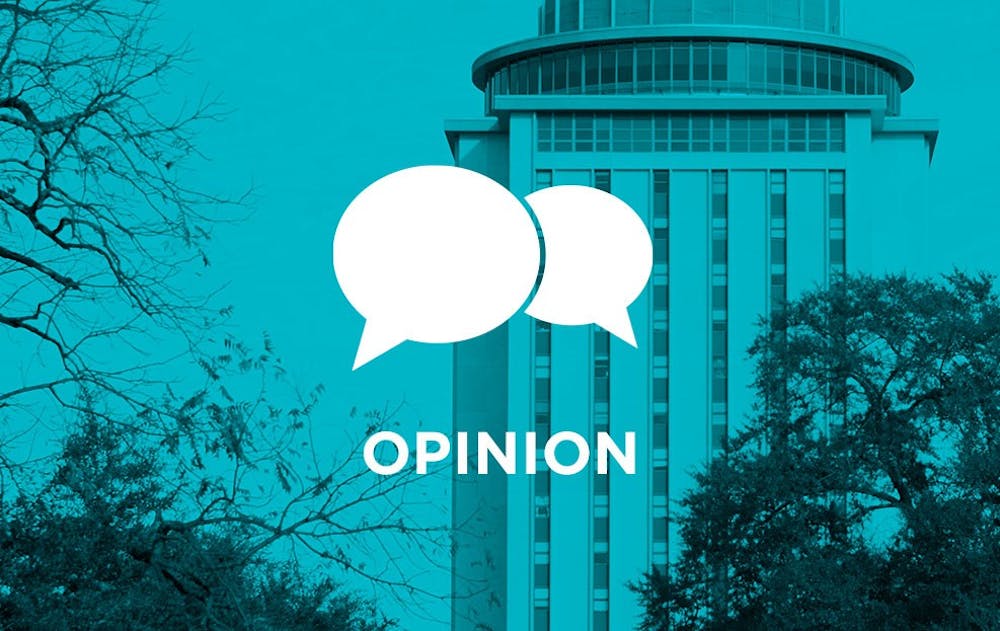In the past few years, I have noticed an increasing tendency to attack political opponents by attaching labels to them like "homophobia" or "xenophobia." The term "phobia," once used primarily as a psychiatric description, is now commonly used to malign adversaries.
In the latest high-profile use of this language came on Sept. 9, when presidential candidate Hillary Clinton called Donald Trump’s supporters as “irredeemable,” “deplorables” and pegged them as "racist, sexist, homophobic, xenophobic, Islamophobic."
While Clinton said later that she regretted being “grossly generalistic,” Griffin Hobson’s Sept. 14 article in The Daily Gamecock defends her assertion. His article provides a spread of statistics on how racist, sexist, homophobic, xenophobic and Islamophobic America is. I don’t question that those statistics are legitimate, but I would assert that given a large number of polls in any given country or region, you could piece together enough of them to form a picture as thoroughly unpalatable as his.
For instance, a YouGov poll reported that 72 percent of people in the Scandinavian country of Denmark have a negative view of Romani people and 45 percent have a negative view of Muslims. Also, according to the New York Post, 1 in 20 Danish men have had sex with an animal.
I can piece together with ease a thoroughly unpleasant picture of the progressivist Europe Mr. Hobson wants to emulate, or for that matter, any other nation or region on earth, given statistics on issues like these. Employing this kind of cherry-picking will always result in proof that America is still backward on social issues.
But the questionable validity of extrapolating from these statistics that America — or at least that swath of America that supports Trump — is defined by these -isms and -phobias is only part of the problem. This trend of labeling your opponents and their supporters inflames partisan tensions and undermines our democratic system of government.
If you can classify someone’s opinion as a phobia, you relegate them to the status of "deplorables" and then are freed from the obligation of rationally addressing their ideas. It is an approach that refuses to grant any legitimacy to the other person’s concerns and fears or acknowledge them as a complex being not necessarily defined by an objectionable belief. Are we really afraid of debating racists? Is it liberals’ insecurity about the respective strength of their arguments that makes them so quick to denounce rather than discuss?
This is not to say that racism or sexism or any of these ideological maladies don’t exist, or that we shouldn’t be concerned with them, but being that quick to attach these labels to an opponent is intellectually sloppy and has great potential for abuse.
Furthermore, this kind of attack only exacerbates the us-versus-them mentality running rampant in our current political climate. How can we speak of bipartisanship and cooperation when the arguments of an entire political wing are being dismissed as "bigoted?" Though I have predominately sounded the alarm on liberal labeling, this phenomenon is by no means limited to the left. Speakers at a Christian conference I recently attended cast Democrats as radicals out to strip Christians’ religious freedom and implied that being both a Democrat and a real Christian was impossible.
When both sides use this kind of dehumanizing rhetoric, winning becomes no longer about demonstrating the superiority of your ideas but being able to more effectively smear your opponent. If America’s political culture becomes defined by this kind of name-calling, we will lose the respect for other people, regardless of their viewpoint, and the free exchange and discussion of ideas that provide the foundation for our democracy.

